Effective Management across all Development Processes, Article of Mohan Raj Ojha
- Mohan Raj Ojha
- 2024 Nov 24 06:24

Kathmandu, November, 24.
Management is the most critical tool for attaining a nation’s development and prosperity. It involves the efficient allocation and utilisation of resources – whether human, financial, material, environmental, natural, or informational – to achieve collective goals within a defined timeframe.
Good management plays a pivotal role in steering a country toward growth, stability, and prosperity by ensuring effective public services, creating a conducive environment for business, and promoting social welfare. In the context of national development, management serves as the framework through which strategies and policies are crafted, programs are implemented, and challenges are addressed. Whether it is infrastructure development, economic reform, or social welfare initiatives, effective management ensures clear goals, optimal resource utilization, and sustainable outcomes.
At the governmental level, effective management translates into good governance, characterized by transparency, accountability, and the capacity to plan and execute policies for the benefit of the entire population. In Nepal, as in many developing nations, the management of government resources and services is critical to improving the quality of life for citizens. Poor management often leads to corruption, inefficiency, and the misallocation of resources, undermining the country’s development potential. Good management ensures:
• Strategic allocation of resources.
• Timely execution of development projects.
• Improved public services, reducing social inequalities.
• Strengthened public institutions
capable of long-term planning and effective crisis management (e.g., disaster response). On the societal front, good management fosters a cohesive, equitable, and resilient society. Social institutions – such as education systems, healthcare, and community organisations – require structured management to function effectively. Proper management of these resources can help build stronger, more unified communities where resources are fairly distributed, and the public actively participates in shaping their own development.
In an organisational context, management drives efficiency, innovation, and growth. For businesses, I/NGOs, and other organisations, proper management ensures that goals are met while maximizing productivity and employee well-being. In Nepal, the rise of the private sector has made organisational management more critical than ever, as companies adopt global best practices to compete regionally and globally. Good organisational management leads to better strategic decisions, sustainable growth, and a more engaged workforce.
Effective organisational management impacts:
• Competitive advantage and market growth.
• Employee engagement and productivity.
• Adoption of ethical practices and corporate social responsibility.
• Innovation and adaptability to changing market conditions.
such as kingship and informal local power structures. Strategic management practices were almost nonexistent at the government level, with rulers focusing more on consolidating power than on implementing long-term development strategies. The Rana regime and the autocratic monarchy operated with minima public accountability, resulting in a governance system characterized by a lack of transparency, efficiency, and effective management of public services. At the organizational level, most businesses were family-owned and relied on traditional methods, which left little room for innovation or structured management. Formal education in management was virtually non- existent, particularly in sectors like business and education, severely limiting the development of professional management skills across industries. This lack of structured management at all levels created a stagnant environment with minimal growth.
In Nepal’s present management landscape, the transition to democracy and federalism aims to decentralise governance, yet persistent challenges of corruption and inefficiency highlight a need for ethical leadership rooted in integrity. Nepal, as the land of Lord Buddha – an apostle of peace and compassion – should embrace Buddha’s teachings in management.
Buddha’s teachings on Right Action – acting ethically and responsibly – are crucial here. At the government level, issues such as corruption scandals and infrastructure delays highlight a lack of adherence to ethical principles in public service. Right Action calls for a commitment to transparent, fair decision-making that benefits society, and recent improvements like e-governance systems reflect a positive step toward this, encouraging greater accountability in government operations.
At the societal level, there is a growing demand for accountability and better services, with the public increasingly vocal about governance and social justice. Buddha’s teaching on Right Speech – speaking truthfully and constructively – resonates here, especially as public discourse and social activism push for reforms in education, healthcare, and other critical sectors suffering from mismanagement. Ethically, this aligns with fostering open dialogue for the common good.
In the organisational context, Buddha’s principle of Right Livelihood – pursuing ethical and meaningful work – emphasises the importance of running businesses that not only profit but also contribute positively to society. These teachings underscore the need for ethical integrity at every level of management in Nepal, guiding both leaders and organisations toward sustainable, responsible growth.
Looking toward the future of management in Nepal, there is a growing need for ethical leadership. At the government level, future leaders must embrace mindfulness (Sati), compassion, and ethical governance to guide decision-making. By applying Right View and Right Intention, governments can prioritise sustainable, inclusive policies that benefit society as a whole. Mindful policy planning –rooted in awareness of the long-term impact of decisions – can lead to more effective crisis management and sustainable development.
Rather than focusing on short-term gains, a mindful government would address societal needs with greater care and consideration, creating a transparent, accountable, and inclusive governance system. At the organisational level, mindfulness has the potential to transform leadership and employee welfare.
Mindful leaders who embody Sati, can foster positive work environments by being fully present, empathetic, and attuned to their teams’ needs. This enhances decision- making while nurturing employee well-being. Organisations that prioritise employee welfare by encouraging mindfulness practices can reduce workplace stress, improve mental health, and boost productivity. By embracing Right Livelihood, businesses can adopt ethical and sustainable practices that align profitability with social responsibility. Future companies should aim to create meaningful work environments where mindfulness and ethics guide operations, ensuring the well-being of employees and contributing to societal growth. This mindfulness-driven approach would foster greater organisational resilience and adaptability in the face of challenges.
In conclusion, effective management is essential for fostering national development, whether through improved governance, empowered communities, or thriving organizations. By addressing current challenges like corruption and inefficiency, and prioritizing accountability, innovation, and employee welfare, Nepal can position itself for long- term growth and resilience. The success of these efforts will depend on the commitment of leaders, institutions, and businesses to uphold principles of good governance and responsible management, ensuring a prosperous future for the nation.
(Mohan Raj Ojha is President of Management Association of Nepal (MAN) This Article from Nepal Bank 88th Anniversary Special Publication)

![$adHeader[0]['title']](https://bfisnews.com/images/bigyapan/1760080292_64756700.gif)
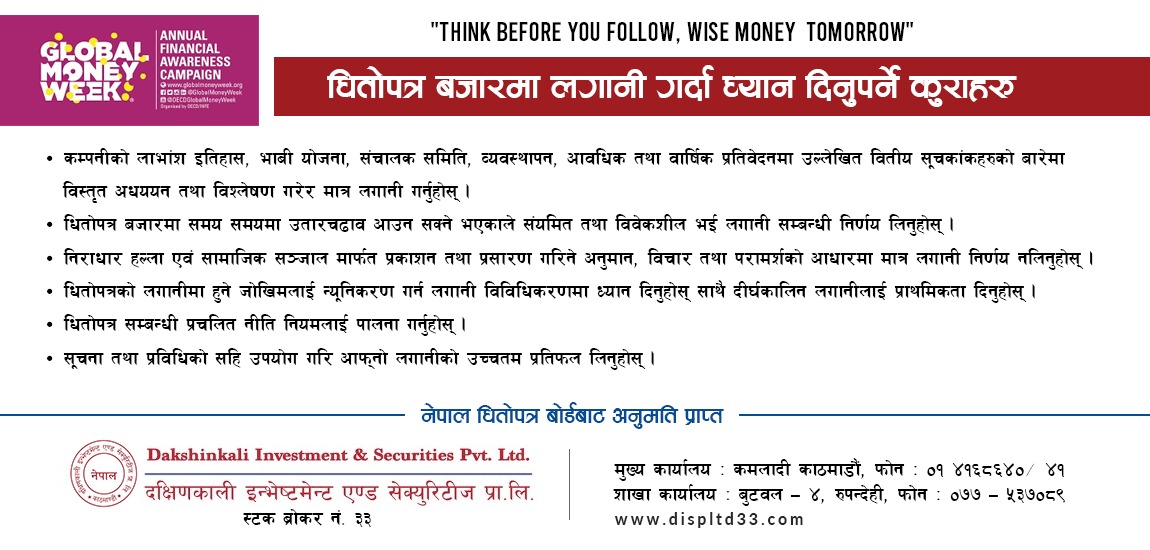












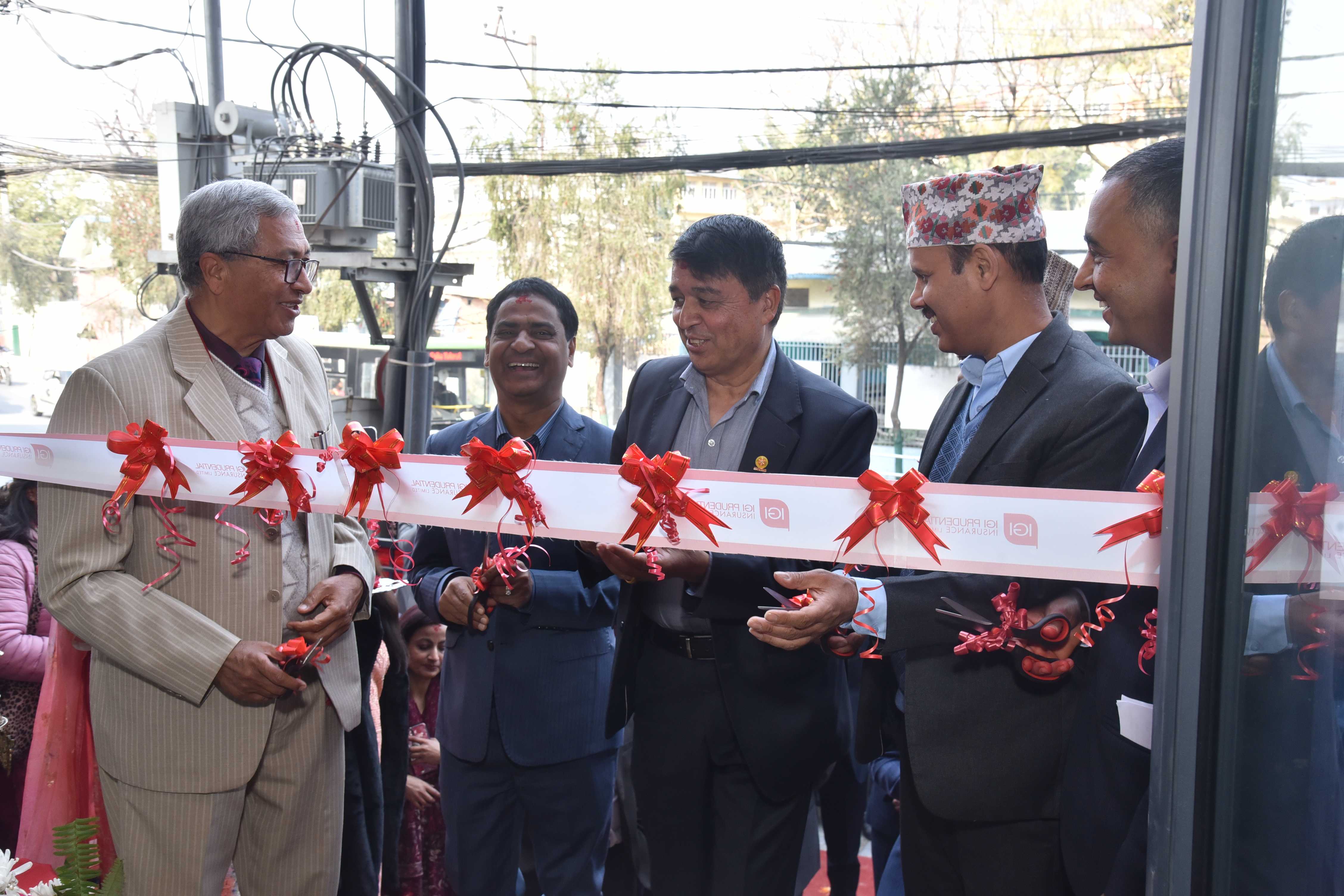
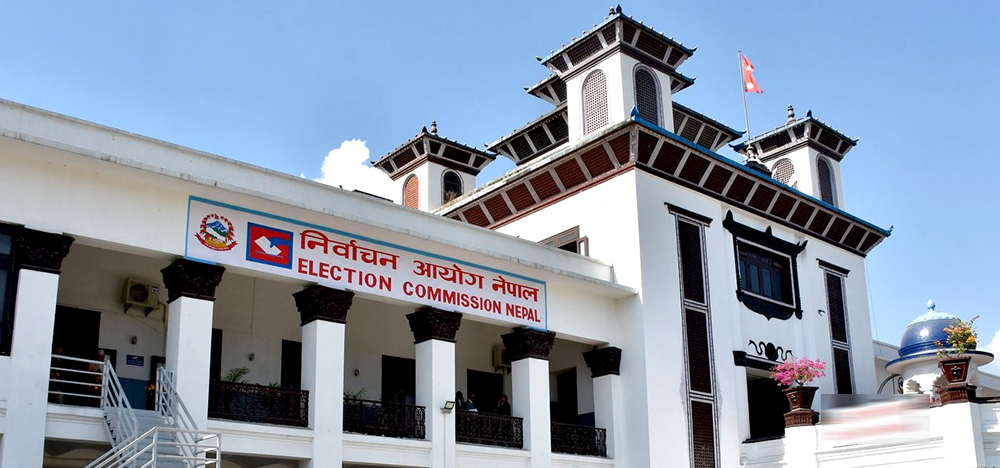
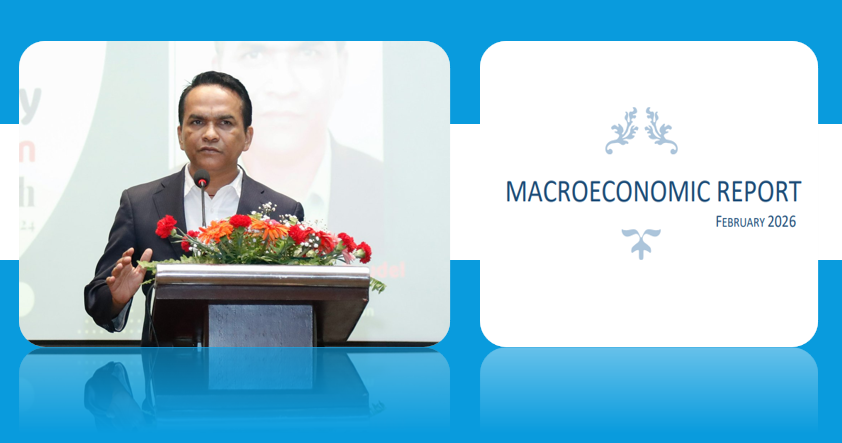
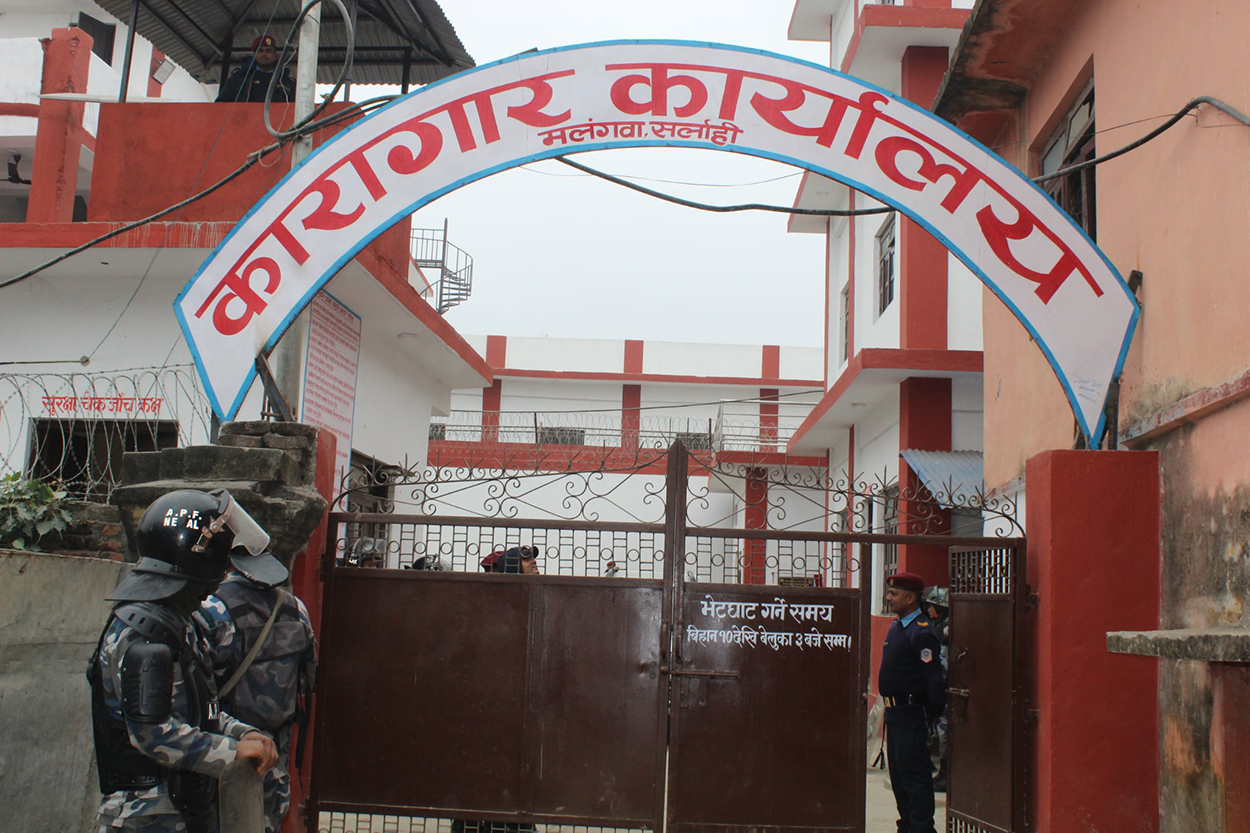
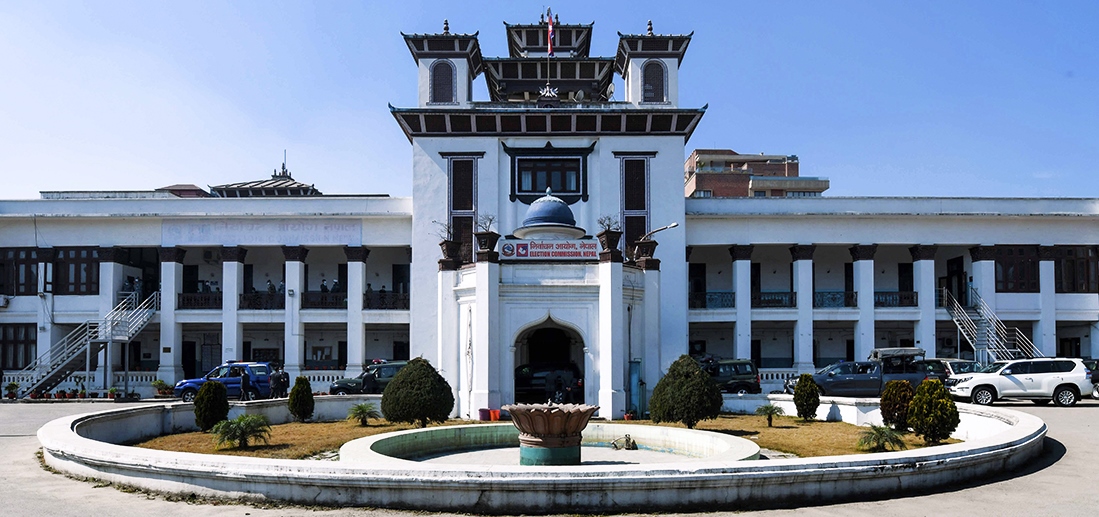


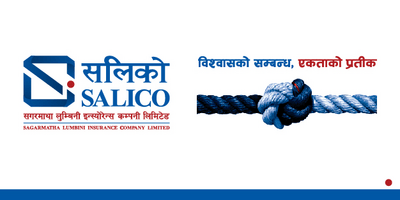



प्रतिक्रिया